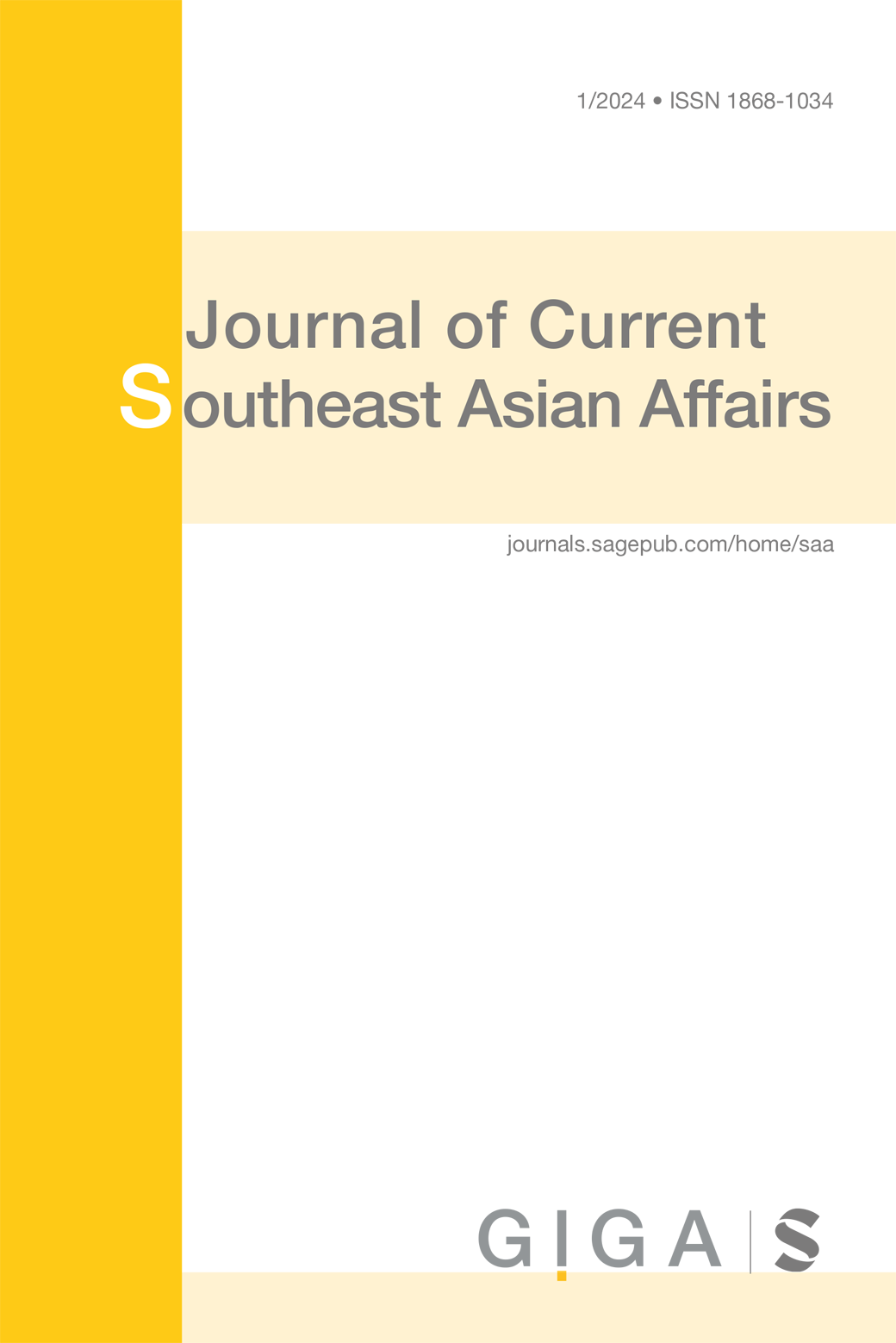Biopolitics in Rebel- Controlled Myanmar: Exploring Why the United League of Arakan Supports the Kyaukphyu Special Economic Zone
Publication Description
In this article, we explore why the Myanmar-based insurgency organisation known as the United League of Arakan (ULA) supports the Kyaukphyu Special Economic Zone (KSEZ): a controversial Belt and Road Initiative (BRI) project. We argue that the
ULA’s support for the KSEZ is rooted in a biopolitics that benefits the ULA by attractively showcasing its insurgent aims and by effectively boosting its local authority. The ULA’s pro-KSEZ policy partially explains why the KSEZ, unlike other BRI projects in
junta-led Myanmar, has enjoyed moderate success. Despite its biopolitical benefits, the ULA’s pro-KSEZ policy has marginalised certain anti-KSEZ actors in the rebel organisation’s sphere of control. The resulting fragmentation may both destabilise the ULA’s hard-fought social order and undermine the prospects of the KSEZ. Our examination of the ULA–KSEZ relationship empirically contributes to BRI-in-Myanmar research, which has heretofore paid little attention to rebel-controlled societies’ significant influence on foreign-led domestic development projects.

